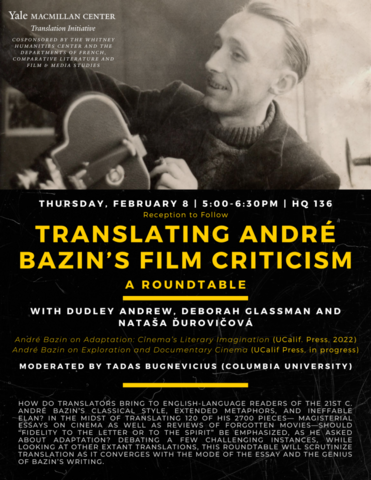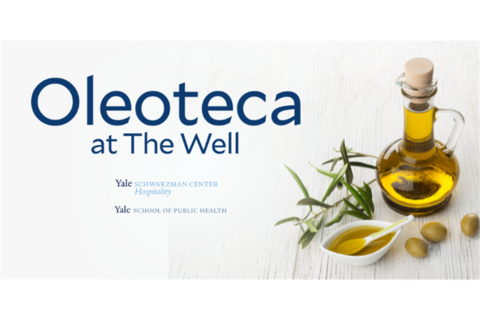Pursuing Justice and Accountability in Ukraine, Two Years on from Russia's 2022 Invasion
Janine di Giovanni is a multi-award winning journalist and author, and CEO/Executive Director of The Reckoning Project. Janine was a war reporter for nearly three decades, from the first Palestinian intifada in the early 1990s to the siege of Sarajevo; the Rwandan genocide; the brutal wars in Sierra Leone, Somalia, Ivory Coast and Liberia to Chechnya, Afghanistan, Pakistan. She reported extensively in Iraq pre and post invasion, the Arab Spring, and finally Syria. Her field work for her most recent book took her to Gaza, Iraq, Egypt and Syria. In 2020, the American Academy of Arts and Letters awarded her their highest non fiction prize, the Blake Dodd. Janine served as a Senior Fellow and Professor at Yale University’s Jackson Institute for Global Affairs from 2018-2022 where she taught two human rights courses which looked at eight different conflicts in depth: Bosnia, Rwanda, Kosovo, Sierra Leone, Yemen, Iraq, Syria and Afghanistan. She also taught a course at Yale in Reporting War for Humanitarians. In 2016, CNN made a short video about her life and work when the International Women’s’ Media Foundation gave her their prestigious Courage in Journalism Prize.
For her most recent project, Janine founded and directs The Reckoning Project, a transitional justice organization that trains researchers in Ukraine to collect testimonies that can be used in court. Through her work as a conflict journalist, Janine has experienced firsthand the frustration when testimonies collected directly from victims are inadmissible in courts. So, in partnership with Peter Pomerantsev, she’s created a team of legal experts and journalists to bridge the gap between journalism and justice.
With the second anniversary of Russia’s full-scale invasion of Ukraine, it is worth taking stock of the status of various efforts to pursue justice for international crimes. Di Giovanni, whose organization The Reckoning Project supports testimony collection and preservation, will address the success, challenges, and opportunities in this realm
With support of the Program on Peace and Development, the Genocide Studies Program and the Schell Center for International Human Rights




